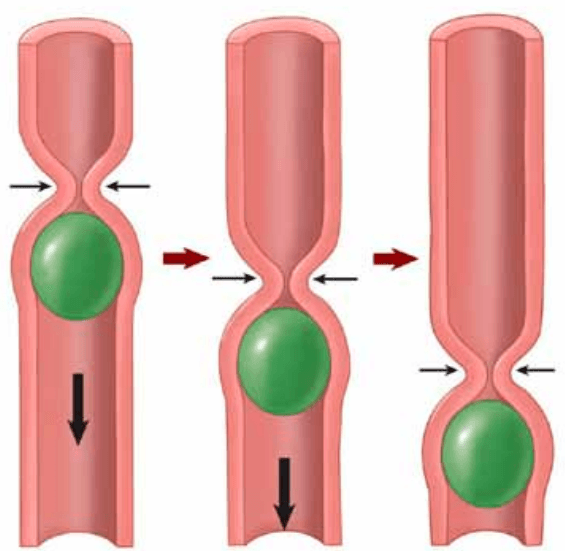Bowel Burdens

We know that bowel care is an urgent priority for people with SCI. New research shows the extent of the problem, and what’s needed to make a difference.
Ask the Spin Doctor: Braces for Walking

We reached out to physiotherapists at GF Strong Rehab Centre for advice on finding the best brace for you.
Aging & SCI

Research shows that people with SCI are living longer than ever before. Yes, there are a host of potential health problems that accompany aging for people with SCI. But some planning and forethought during your younger years can help keep your quality of life on the right track well into your golden years.
Get Your Mojo On

A recently-published systematic review suggests that, when combined with exercise, testosterone therapy offers a safe and effective way for men with SCI to boost their vitality—and get some significant health benefits in the process.
Synchronized Stimulation

Open loop electrical stimulation has already shown promise as a treatment to improve neurogenic bowel for people with SCI. Researchers at Texas A&M University are hoping for even better results and close-to-normal bowel function via closed loop stimulation.
Ask the Spin Doctor: Cervical Screening

Dr. Lily Proctor discusses pap tests and cervix self-screening kits.
Ask the Spin Doctor: Contractures

GF Strong physiotherapist Amrit Dhaliwal discusses contractures, a common complication of SCI.
Ask the Spin Doctor: Colonoscopy

Dr. Karen Smith, Physiatrist and Emeritus Professor in Physical Medicine and Rehabilitation at Queens University, and co-author of the Actionable Nuggets, gives colonoscopy advice for people with SCI.
The Fine Print

Just like SCI stem cell research a few years ago, there’s a lot of hype surrounding neurostimulation. Now there’s some concern that the complete story isn’t being told—particularly when it comes to the online description and promotion of epidural spinal cord stimulation.
SCI & Immunity

Emerging research is shedding new light on an old question: does spinal cord injury affect the body’s immune response?
Going for Gold: Your Guide to the Paris 2024 Paralympic Games

Go Team Canada! Meet British Columbia’s dedicated athletes competing in the Paris 2024 Paralympic Games and discover how you can catch every moment.
Insights from the Ambulatory & Incomplete SCI Forum

Discover insightful stories and strategies shared at the Ambulatory & Incomplete SCI Forum to help you navigate mental health, employment, sexual health and recreation with confidence.